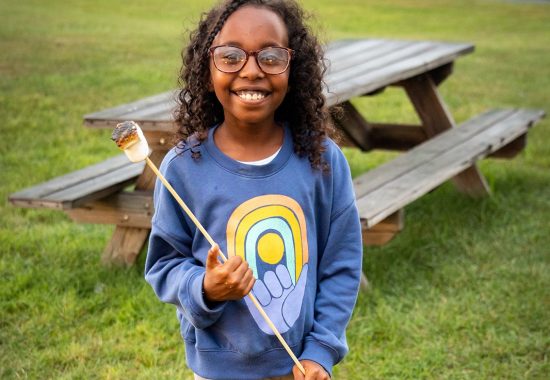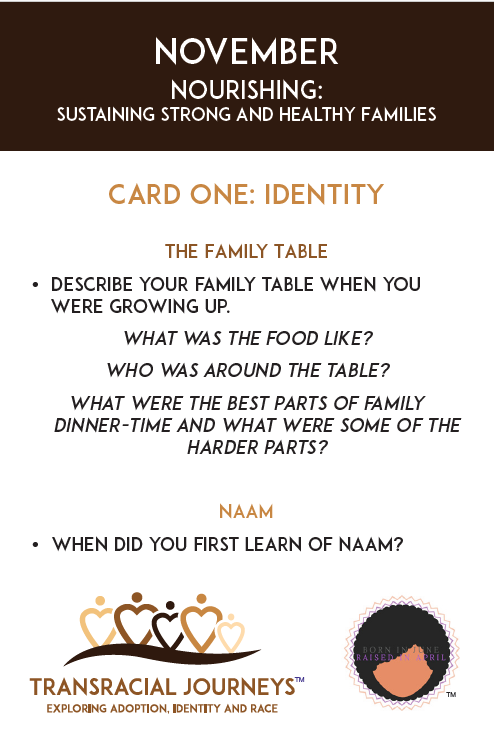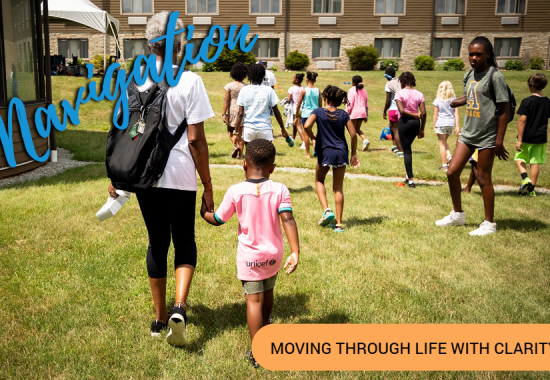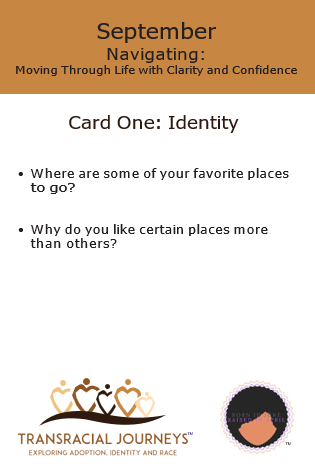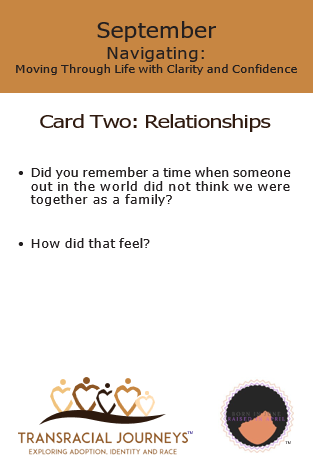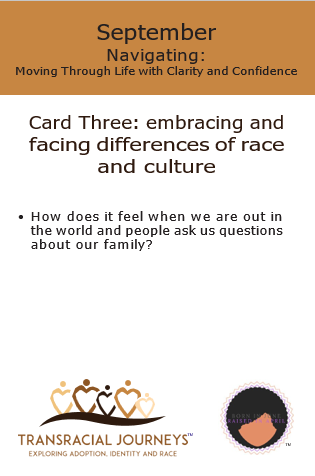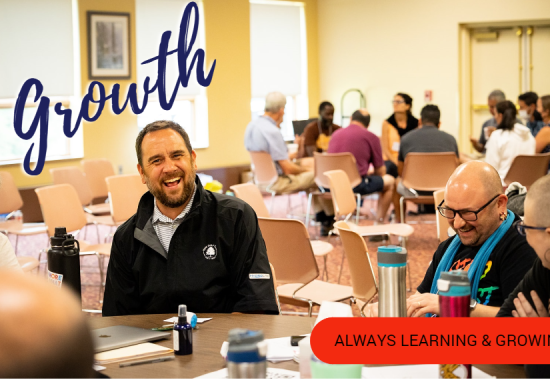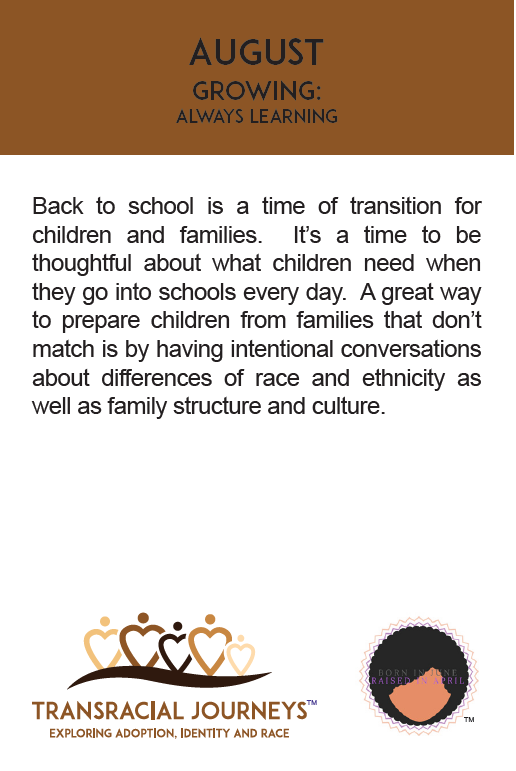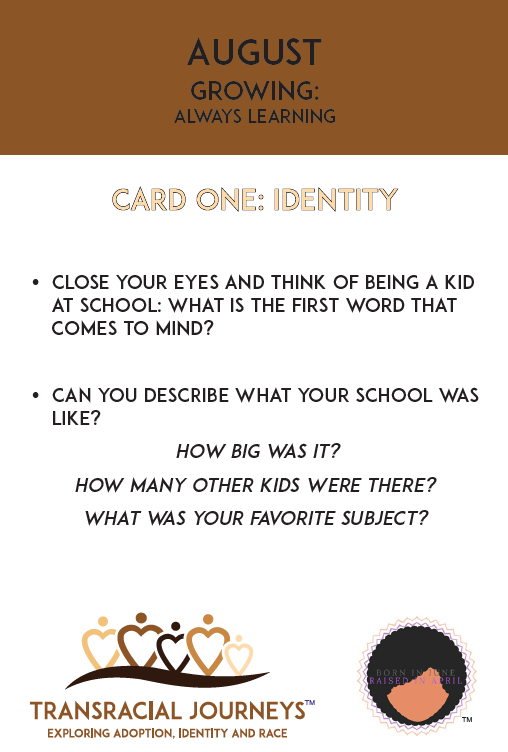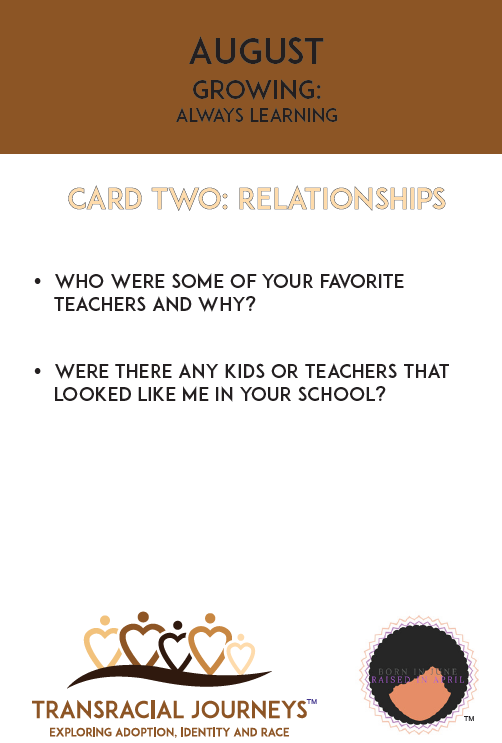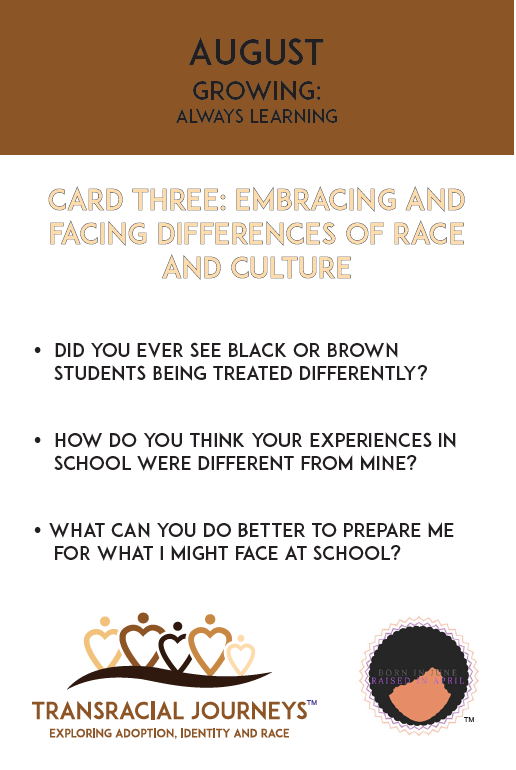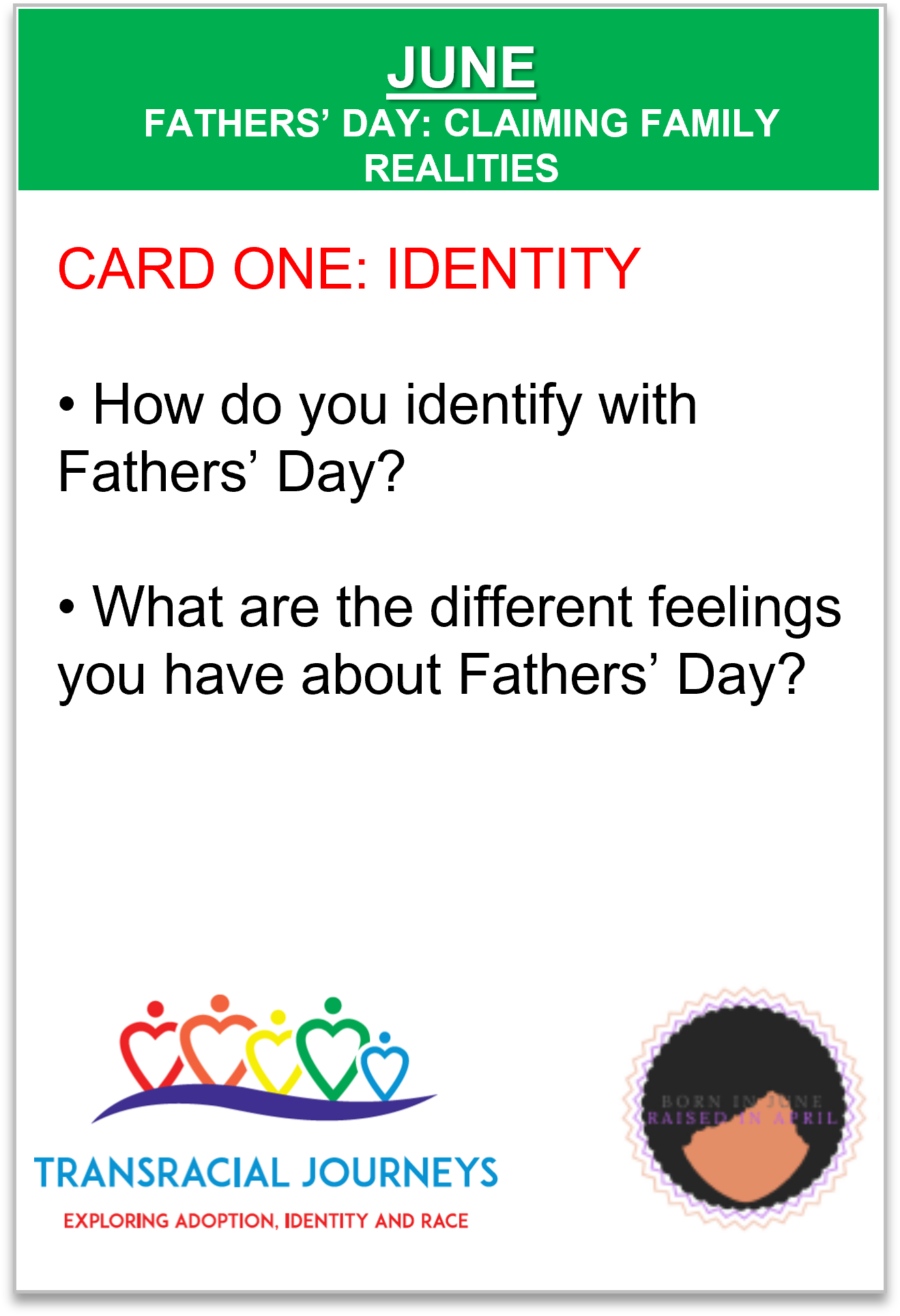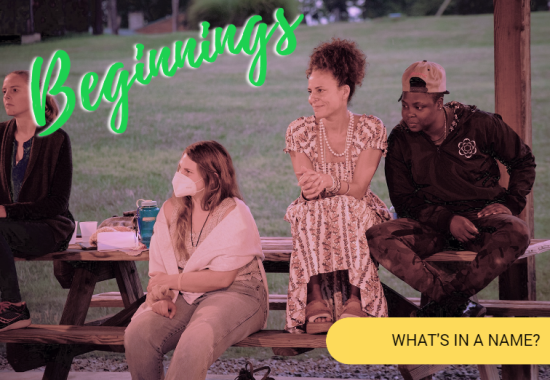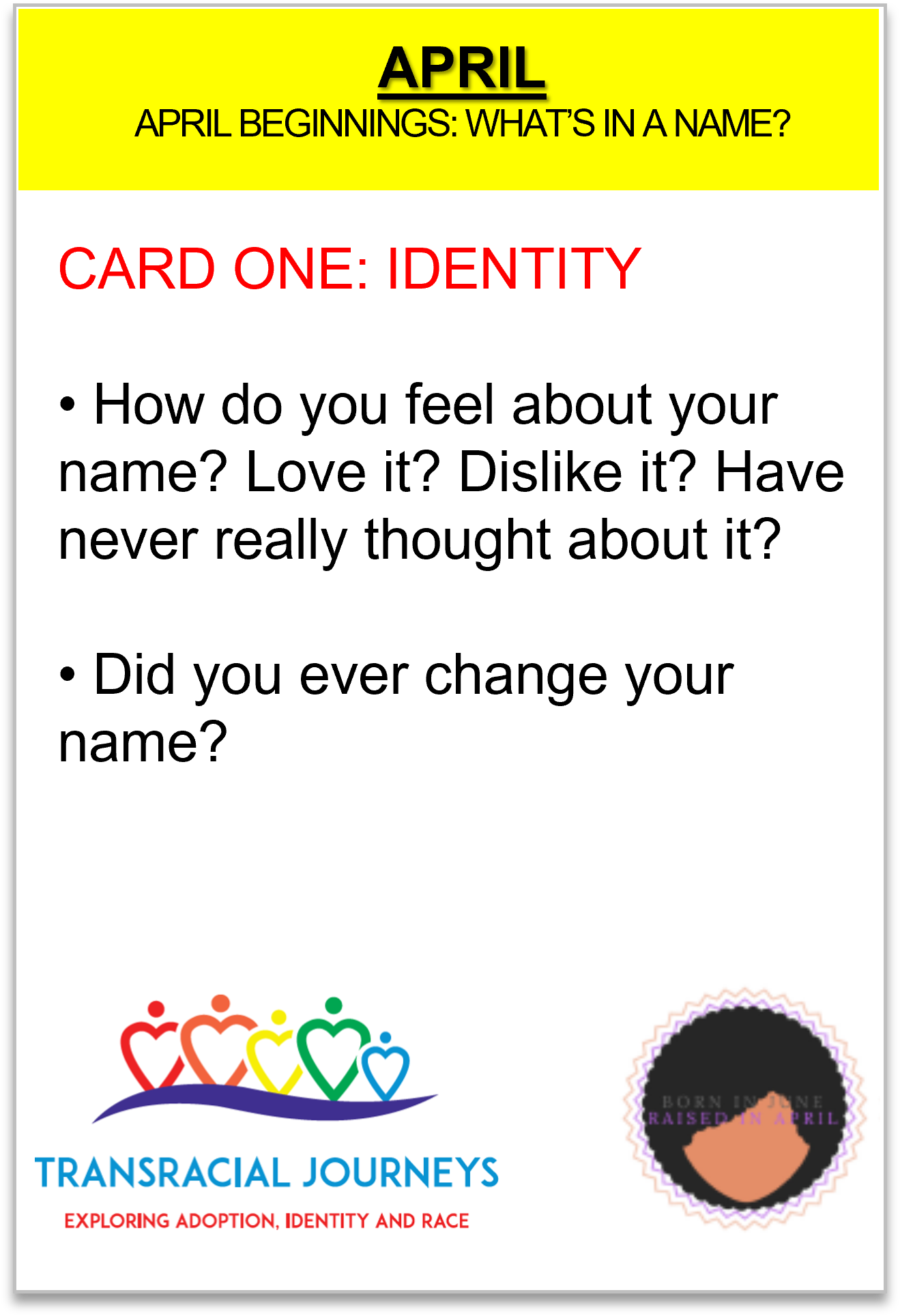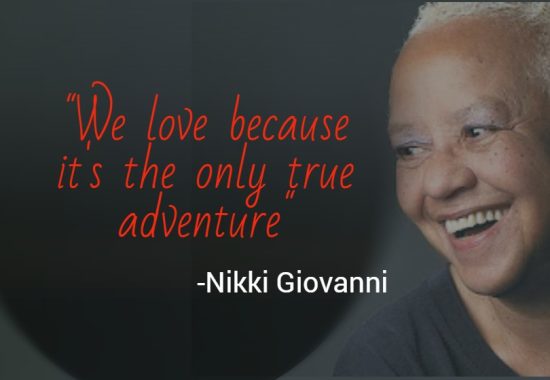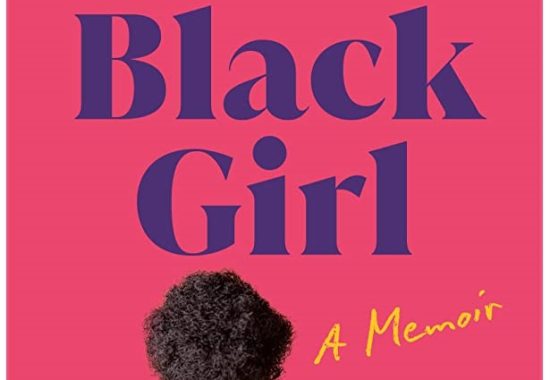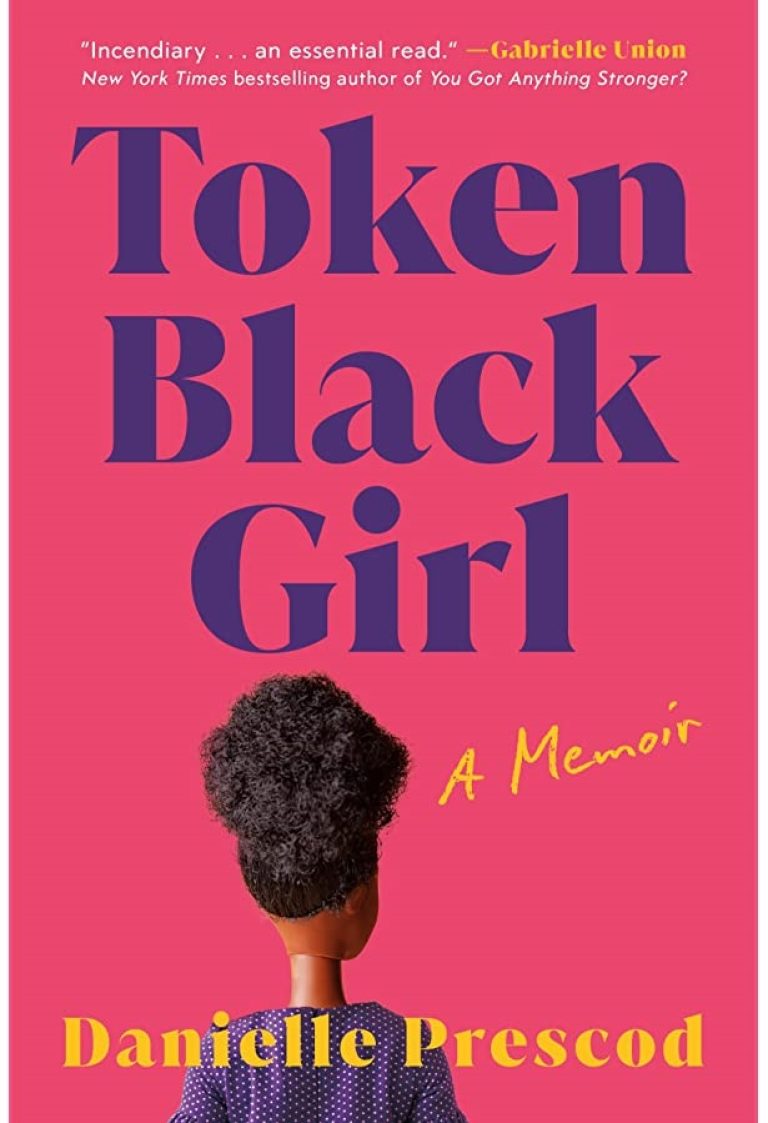by TRJ Executive Director, April Dinwoodie
As I reflect on my younger years as a transracially adopted person, I am filled with so many wonderful childhood memories with my sister, brothers, my parents and extended family. I am also filled with the memories of feeling isolated with my feelings and thoughts about adoption and differences of race.
My parents, busy as they were looking after us, were not in tune, and rhythm with some of the needs that I had as a Black/biracial transracially adopted person. We didn’t talk enough about the realities of separation from family of origin or differences of race, and I was left to navigate these big real realities mostly on my own.
Conversations: An Entry Point for Living Fully with Authenticity and Purpose
Today, I can confidently say that the entry point for living fully with authenticity and purpose as an adoptive family where difference of race is present, is grounding conversation that is ongoing and ever present in your daily life.
Adoption is both a journey rooted in love, and it’s also a path intertwined with unique challenges, especially when it involves racial differences. It’s crucial to recognize that adoption doesn’t just create your family; it weaves together origins, cultures, and backgrounds that may be vastly different.
Encouraging an Environment of Discussion
Start by encouraging an environment where questions and discussions about adoption and race are welcomed and encouraged. It’s important for children to feel safe in expressing their feelings and curiosities. This always starts with you. So often, I hear parents say – “my child never asks me questions” or “they never really want to talk about adoption or our differences”. Almost always the questions are there but the space to explore them is not.
Getting more into the flow of ongoing conversation requires commitment from parents and caregivers as well as resources to support the effort. Use books, movies, and cultural events as tools to celebrate your child’s heritage and your family’s multiculturalism. This not only helps them connect with their roots but also aids the whole family in understanding and appreciating culture, ethnicity and heritage more holistically. Check out our book corner and conversation cards as you continually add to your tool kit.
Connecting With Other Adoptive Families
Another way to scaffold your family is to connect with other adoptive families, especially those with similar dynamics. Sharing experiences and insights can be invaluable for both parents and children. Transracial Journeys is excited to remind parents of a partnership that began in October 2023 with Adoption Network Cleveland to bring our parents the Transracial Adoptive Parent Support Group. Join us Thursday, January 18, 2024 7:00pm-8:00pm and third Thursdays of each month. Registration details can be found on the Adoption Network Cleveland website.
And finally, do not be ashamed or afraid to seek professional guidance from counselors or therapists, particularly those who specialize in adoption and multicultural families. They can provide strategies and support for navigating complex emotions and situations. Here is a state by state directory of mental health professionals who identify as adoptees and work with adoptees /adoptive families in a variety of public and private settings. This list was curated by Dr. Chaitra Wirta-Leiker and I encourage you to visit her website to learn more.
Remember, these conversations are not a one-time event but an ongoing dialogue that evolves as your child grows. It’s about building a foundation of trust, understanding, and respect for your child’s unique identity and your families unique reality.
This post is from our January, 2024, newsletter. If you would like to get our newsletter in your inbox each month, as well as information about our annual Transracial Journeys Family Camp and our monthly Zoom call to provide support for our transracial adoption parents please subscribe.


